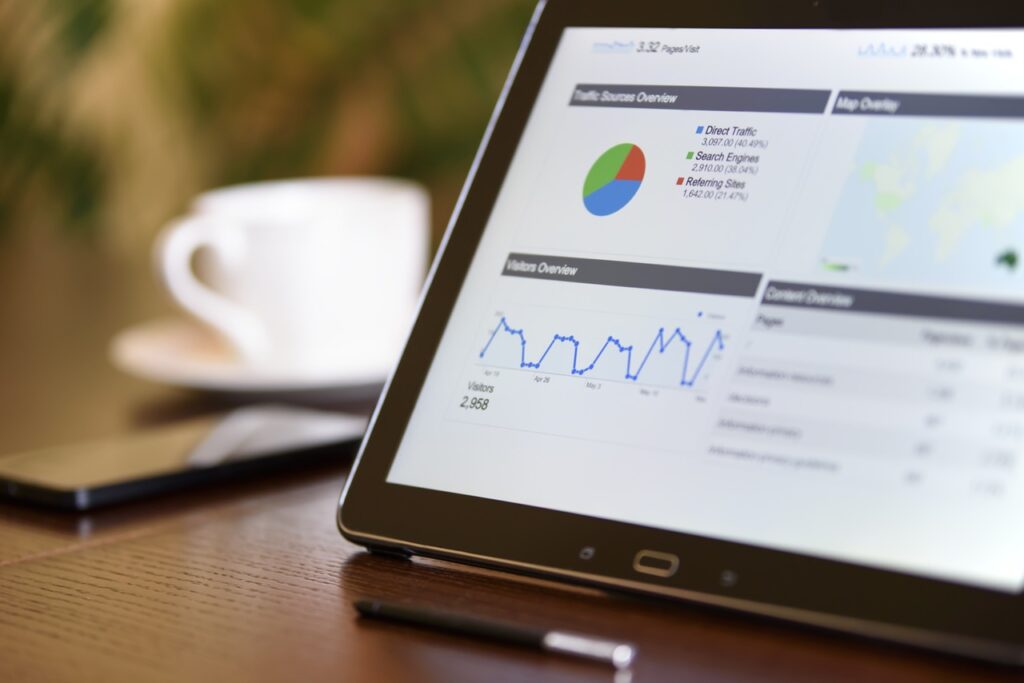The future of digital marketing while using Generative AI is being significantly shaped by the integration of the tools artificial intelligence (AI) has to offer, which is driving innovations and efficiencies across various aspects of the marketing industry.
In this evolving and ever changing digital marketing world we try to gather a few things to consider for what’s coming ahead.
Learn some key points and ways Generative AI is expected to influence digital marketing:
Personalization and Customer Experience:
Generative AI enables hyper-personalized marketing strategies by analyzing large amounts of data to understand consumer behavior, interactions and preferences.
This leads to more tailored specific content, product recommendations, and targeted advertisements to all demographics.
Chatbots such as OpenAI’s ChatGPT, Google’s Gemini, Microsoft’s Copilot and other virtual assistants, powered by AI, provide real-time customer support and engagement, enhancing user experience and satisfaction on all professional levels.
Predictive Analytics and Insights:
AI-driven predictive analytics helps marketers forecast trends, customer needs, and potential market shifts. This allows for more informed decision-making and strategic planning.
Insights gained from AI can optimize marketing campaigns by identifying which strategies are most effective and where resources should be allocated.
Content Creation and Optimization:
AI tools can generate content, such as articles, social media posts, and even video scripts, reducing the time and effort required for content creation.
AI also helps in content optimization by analyzing what type of content resonates best with specific audiences, ensuring higher engagement rates.
Programmatic Advertising:
AI automates the buying and placement of ads through programmatic advertising, making the process more efficient and effective. This automation leads to real-time bidding and precise targeting of ads to the right audience at the right time.
Machine learning algorithms continuously improve ad performance by analyzing data and adjusting strategies accordingly.
Customer Segmentation:
AI enhances customer segmentation by identifying patterns and segments within data that human analysts might miss. This leads to more effective targeting and personalized marketing efforts.
Dynamic segmentation allows for real-time adjustments based on customer interactions and behaviors.
Voice and Visual Search:
The rise of voice-activated devices and visual search tools is transforming how consumers find information and shop online. AI helps optimize content for voice and visual search, ensuring brands remain discoverable.
Marketers need to adapt their SEO strategies to cater to these new forms of search queries.
Social Media Marketing:
AI tools analyze social media trends, user interactions, and sentiment analysis to help brands understand their audience better and craft more engaging content.
Automated social media management tools powered by AI can schedule posts, respond to customer inquiries, and track campaign performance.
Data Privacy and Compliance:
As data privacy regulations become stricter, AI helps ensure compliance by monitoring data usage and implementing security measures. This builds consumer trust and protects brand reputation.
AI can anonymize data while still allowing for valuable insights, balancing the need for personalization with privacy concerns.
Augmented Reality (AR) and Virtual Reality (VR):
AI enhances AR and VR experiences in marketing, providing immersive and interactive ways for customers to engage with products. This can range from virtual try-ons to 3D product views.
These technologies, powered by AI, offer new ways to create memorable and impactful marketing campaigns.
For now as mentioned before and to gather a summary on this topic, Generative AI is set to revolutionize digital marketing by making it more data-driven, efficient, and personalized.
Marketers who leverage AI technologies will be better equipped to meet consumer demands, adapt to market changes, and maintain a competitive edge.

